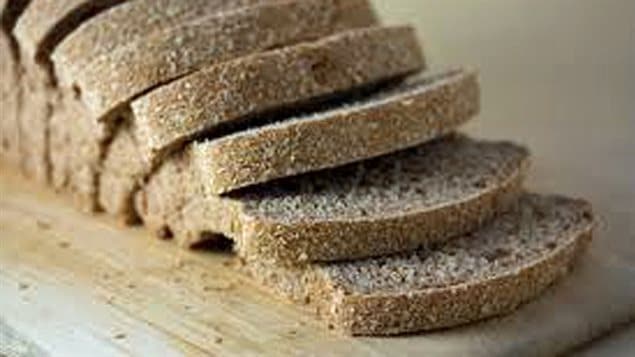Canadian researchers have discovered that the bacteria that live in our intestines may affect the body’s response to gluten, and that could eventually lead to treatments for celiac disease. This disease affects about 300,000 Canadians. When they eat wheat, rye and barley they suffer a series of responses that damage the lining of the small intestine interfering with digestion. It can cause diarrhea, constipation, severe abdominal pain and other problems.
About 30 per cent of Canadians have a gene that predisposes them to celiac disease but only two to five per cent develop it. So that prompted scientists to investigate whether the millions of bacteria which live in our guts play a role in who develops it and who doesn’t.
Germ-free mice overreacted to gluten
They began by using mice which express the gene which predisposes humans to celiac disease. They then converted them to germ-free conditions, so they had no bacteria in their gut. They then exposed them to gluten.
“What we observed is that when these mice had no bacteria at all in their gut they were very sensitive to gluten,” says lead investigator Elena Verdu, an associate professor in medicine at McMaster University in Hamilton, Ontario.
“So this gave us the first hint that in the absence of bacteria, the host will overreact to gluten.”
ListenBacteria ‘could modify the risk for celiac disease’
In the next experiment, the mice were colonized with specific groups of bacteria. If they were colonized with a benign group of bacteria they did not react to gluten. And that compared to other mice colonized with bacteria that could be pro-inflammatory.
“The most important conclusion is that the bacteria that we harbour in our upper intestine could modify the risk for celiac disease,” says Verdu. That does not mean bacteria causes celiac disease. Gluten does… But the type of bacteria that certain people harbour in their small intestine could determine a higher risk of overreacting to gluten.
Reducing the risk of developing celiac disease
These studies were done on animals and Verdu says it will be a long time before there are human applications. “But one could think about intervening in patients who are at genetic risk and trying to investigate what bacteria they harbour in their gut and perhaps target that community in a way that could reduce the risk of developing the disease.”








For reasons beyond our control, and for an undetermined period of time, our comment section is now closed. However, our social networks remain open to your contributions.